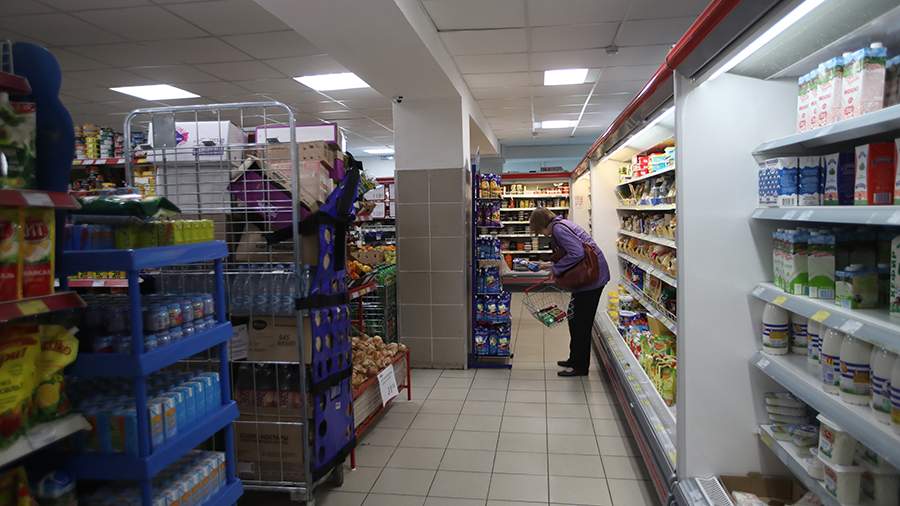Whether to pay for goods broken in a store

Sometimes a trip to the store can turn into big trouble. While walking between rows, a shopper can hit the counter with a cart, damaging goods, or break a glass bottle while pulling it from the top shelf. Who in such a case is obliged to compensate for the damage and how to defend their rights, tell "Izvestia".
When the buyer is not obliged to pay for the goods
According to the law, the responsibility for damage to goods before they are paid for at the checkout is borne by the store, after - the consumer. This provision is spelled out in Article 459 of the Civil Code. But it also says that the damage caused to the property of the seller is subject to compensation in full (Art. 1064). Because of this, disputes often arise between store employees and customers.
Meanwhile, the Code clearly spells out the rights and obligations of each party depending on the circumstances. For example, if the buyer accidentally touches and breaks the goods, sneaking between narrow rows, his fault is not. Neither is it his fault if he slips on a wet floor or trips over a tile ledge. The same situations include goods falling off a moving belt near the cash register.
If the buyer is demanded to pay, these actions are unlawful, because the damage to property was committed without intent, and the unfavorable conditions that caused the damage were created by the store itself.
When you have to pay for broken goods
If the buyer has already taken the goods in his hands and carelessly dropped it, the law will be on the side of the seller. Compensate for the damage will also have to compensate in case of inadequate behavior: running around the hall, fighting, waving hands in a drunken state.
Also to responsibility will be brought for intentional damage to goods and other property of the store. In this situation, the violator faces criminal penalties.
However, there are situations when at first glance it is not so obvious who is responsible. For example, a customer was pushed by someone near the counter or hit by a child running by. In the first case, the person who pushed him is to blame. The damage in the second case is paid by the child's parents.
What to do in case of damage to goods in the store
Even when the buyer is right, he can still be forced to compensate for the damage and not let out of the store until payment. This is already an abuse of power.
To defend his right, the buyer needs to find eyewitnesses of what happened, take photos and video from the place and call the manager. He needs to state the essence of the incident and require the seller to draw up a report.
When it comes to large sums, the consumer can apply to Rospotrebnadzor with a request to conduct an inspection to support his defense. Employees of the agency will check the way goods are arranged, shelves and racks are installed in the store.
When the fault of the buyer is obvious, for example, he broke something on purpose or arranged a debauch, then, having calmed down, it is better to pay for the damaged goods. Otherwise, the seller will call the police to draw up a protocol and will appeal to the court for compulsory recovery of damages.
Earlier "Izvestia" told how to return poor-quality goods.
Переведено сервисом «Яндекс Переводчик»
